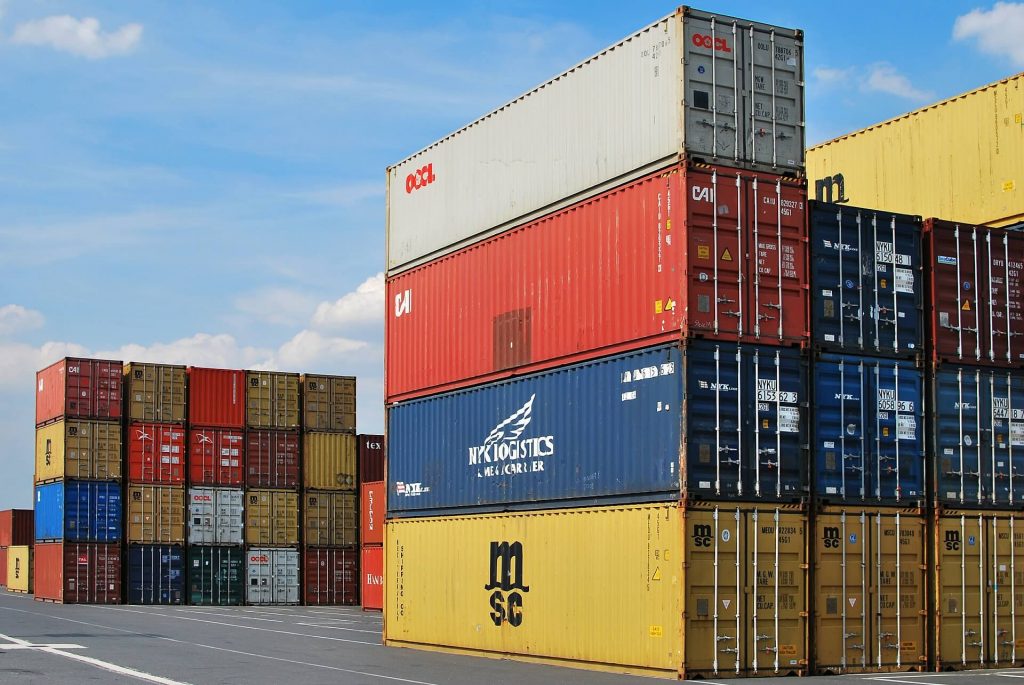 On the 13th of March, the UK government published a 1,477-page document outlining the new approach to tariffs in the event of a no-deal Brexit. There is much to think about here. Under the proposed temporary scheme 87% of imports to the UK by value would be eligible for zero-tariff access. It is important to note that this is about tariffs rather than non-tariff barriers. The most important barriers that prevent trade tend to be non-tariff barriers.
On the 13th of March, the UK government published a 1,477-page document outlining the new approach to tariffs in the event of a no-deal Brexit. There is much to think about here. Under the proposed temporary scheme 87% of imports to the UK by value would be eligible for zero-tariff access. It is important to note that this is about tariffs rather than non-tariff barriers. The most important barriers that prevent trade tend to be non-tariff barriers.
Under the current system, 80% of imports are tariff-free. The new scheme alters the balance between imports from the EU and imports from elsewhere. This is important. The EU is a highly protectionist trading area. Brexit should provide the UK Government with the ability to alter non-EU targeted tariffs that will benefit UK consumers, but also producers who are often located in emerging and lower income economies.
The proposed temporary scheme comes with tariffs to protect some UK industries and these include tariffs on agricultural products, for example, beef, lamb, poultry and some dairy products. Currently, 100% of imports from the EU are tariff-free, but the new system would reduce this to 82%. The UK’s membership of the EU currently imposes significant tariffs on imports from outside the EU to the UK. Under the new scheme, these tariffs would be reduced and 92% of imports from the rest of the world would be tariff-free. The current figure is 56%.
Trade policy is an extremely complex and technical activity. As a member of the EU, trade policy for the UK has been set and negotiated by the European Commission. This has meant that the UK is having to rebuild national capacity and capabilities in trade negotiations. A major danger is the trade-offs that occur in any trade negotiation process and any perverse consequences. A recent example is the trade agreement negotiated by the European Commission with Japan. One outcome is the closure of Honda’s manufacturing facilities in the UK.

The perverse consequences of trade negotiations and alterations to tariff systems can be traced back to the onset of international trade. The West Midlands, England, benefited from a series of Acts of Parliament that prohibited imports from France. In 1662, an Act was passed prohibiting the import of foreign buttons from France. This Act was intended to encourage needle workers but also indirectly stimulated the manufacture of metal buttons in Birmingham. In 1688, trade was prohibited with France resulting in the development of Birmingham’s gun industry but also the manufacture of luxury and artistic goods. This created new firms, employment and wealth. It also played an important role in the transformation of the West Midlands into the workshop of the world.
In Coventry, the town’s ribbon-weaving industry was destroyed almost overnight in response to an alteration in tariffs. On 23 January 1860, the Cobden–Chevalier Free Trade Treaty was signed between the United Kingdom and France. This removed many tariffs imposed on goods imported from France, including those that applied to ribbons. One immediate consequence of this agreement was the collapse of Coventry’s ribbon industry. A national appeal was launched to support the town’s weavers which raised £40,000. By 1862, up to 4,000 weavers and their dependents had left Coventry and migrated further north or to the US. Between the 1861 and 1871 censuses, the population of Coventry declined by 3,000. This is a classic example of an immediate response to an alteration in tariffs and trade policy.

The lessons from Coventry and the West Midlands are that tariffs both create and destroy firms and jobs. For the West Midlands, it is critical that the local policy community explores the relationships between products manufactured here and any alterations in tariffs and UK trade policy. This is important as the policy community, key businesses and trade associations across the West Midlands must develop an on-going dialogue with Whitehall to try to avoid any perverse consequences of any alterations in national trade policy.
This blog was written by Professor John Bryson, City-REDI, University of Birmingham.
Disclaimer:
The views expressed in this analysis post are those of the authors and not necessarily those of City-REDI or the University of Birmingham.
To sign up to our blog mailing list, please click here.
